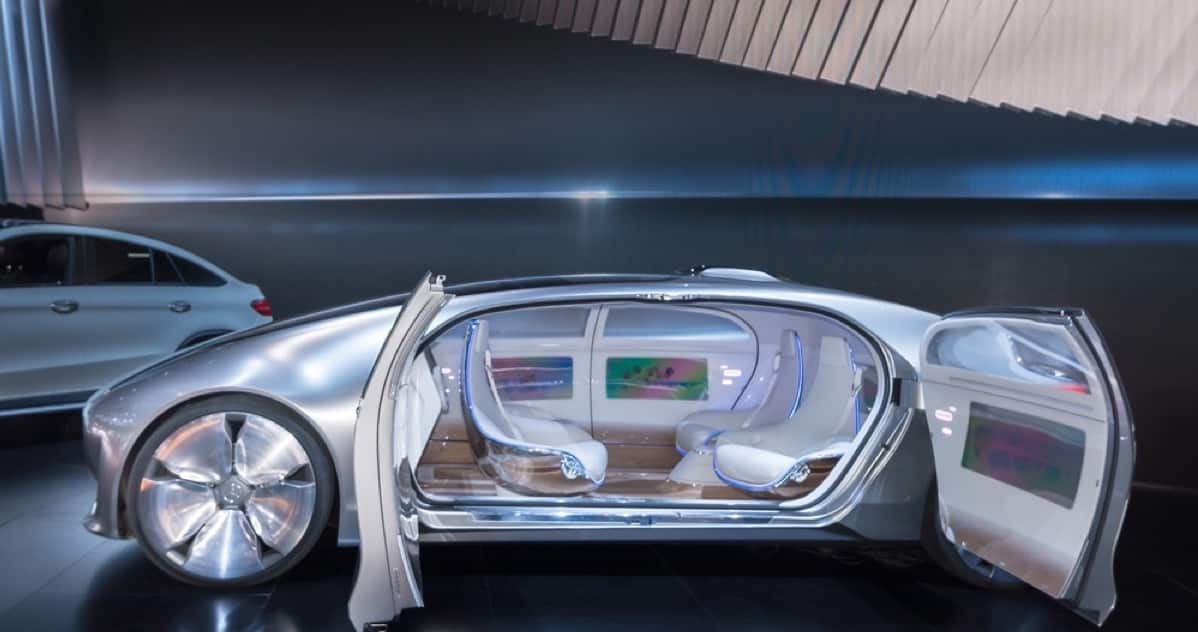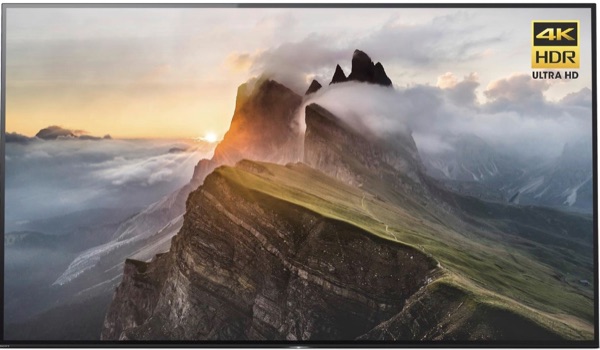Apple’s Unusual Situation with its Struggling HomePod
Apple, as it always does, created a unique vision for the HomePod. The device is cool, but the product concept may have been off the mark. Now, Apple will adjust.

They look the same, but are very different in concept.
The Particle Debris article of the week is from Mark Gurman at Bloomberg. He explains how It appears that Apple may not have sold as many HomePods as hoped.
Of course, no company ever sells a product in the quantity it desires, but the real questions are: how were the predictions generated and why hasn’t the product met expectations?
I can sympathize with those at Apple tasked with sales projections. People who do that want to be seen as insightful, enthusiastic proponents of the corporation’s product. Low estimates are met with scorn while higher estimates are met with nodding approval. But no matter the predictions, its up to the sales force to meet them—or take heat.
Vision
By all accounts, Apple was caught off guard by the Amazon Echo. The scope of the effort, in time and resources, was underestimated. It may have been that, as the concept for the HomePod evolved, its design was dictated by privacy policies and the state-of-the-art with Siri. In any case, when the first Echo shipped, it clearly had a different kind of vision than Apple’s. The Echo’s design makes perfect sense; Amazon needs to understand and enable its customers who frequently shop for its wealth of products. Apple was thinking different.
I think Apple surmised that it was ill-positioned to compete with its HomePod, already in progress, and elected not to. It would be easy to surmise that customers would love a great music product, and that created a convenient rationalization that head-to-head competition would be unnecessary. Time will tell if that was a bad assumption.
Electing Not to Compete
Most tech giants, seeing the enormous success of the Amazon Echo family and the Google Home family would mildly panic. Plans would be put formulated to aggressively jump into the fray. Apple, in fact, doesn’t mind doing that. The company sized up the MP3 player market and produced the iPod. It sized up the smartwatch market and produced the Apple Watch. Both these products, thanks to their superior design and integration with Apple’s existing family of products, went on to dominate. Perhaps that’s the plan for the HomePod.
[Here’s How I Finally Accepted HomeKit is a Raging S*#t Storm ]
Apple has a history of tweaking a product’s initial, sound design until its virtues become more broadly appreciated. There are rumors that Apple will introduce a lower cost HomePod as part of that strategy. Apple competes in its own way and its own time.
HomePod’s Future
In the final analysis, however, Apple produced what seemed to be an expensive, me-too product with serious shortfalls. Many consumers were mystified by its design and annoyed to discover unexpected limitations. The HomePod declined to compete directly with popular smart speakers because it could not. And did not plan to do so.
Now, Apple is about the business of deciding how to make the HomePod’s virtues more widely recognized, seriously change its design, lower the cost, expand the family, or rethink the product completely. Apple has time to produce a better smart speaker, a low-cost sibling to the HomePod, that could outclass the competition. If the company elects not to do that, the plight of the HomePod itself, however resuscitated and reimagined, will be interesting to watch.
Next Page: The News Debris for the week of April 9th. Are autonomous cars doomed by pollyanna expectations?
Page 2 – News Debris For The Week of April 9th
Are Autonomous Cars Doomed by Pollyanna Expectations?
Technology is cool. It’s fun. It produces all kinds of benefits, most notable in the form of our modern internet and personal electronics. The tech giants are wizards. We want them to succeed for our own benefit. We root for success, even if we’re a bit starry-eyed.

Come on in! Trust me. But first, a software update is required.
But when it comes to autonomous vehicles, there are some annoying facts. They’ll put people out of work. And, from time to time, they will kill people.
In that vein, there’s an interesting article at Wired this week that explores the issue of continuous software updates.
The article describes a situation which is very similar to the modern state of television. It used to be that you’d plug in the power and antenna to a TV, turn it on, and tune to a channel. Done. (Unless you were watching The Outer Limits. ) Today, it’s like we’re in Jeff Goldblum’s iMac commercial in full reverse. There are endless wrinkles and software updates when it comes to setting up a proper, fully-functioning 4K TV system. Complexities abound.
[My Crazy Apple TV 4K & Dolby Vision Adventure ]
Except that no one dies setting up a TV system. But I digress.
The autonomous car project depends on auto companies convincing us that the technology is fully-baked, (or at least safe enough) even as they’ll spend all future time tweaking the software. (Because bug-free software doesn’t exist.) At some point, the software-induced deaths will become so rare, they’ll be passed off as acceptable. Maybe. Unless the public turns against the technology before it’s mature enough.
Questions remain: how much do we want and need the technology? When’s the right time to fully embrace it? What are the practical risks vs. benefits? And what are we willing to put up with as we take a starry-eyed journey? This Wired article is very good.
Related
More Debris
• If you had any doubts about the challenges setting up a modern TV system, see: “Guide to buying a TV: what is the best time to buy a TV, and everything else you need to know when shopping for the best television.” This article is excellent, but it’s also sobering. One almost needs an advanced degree in electrical engineering to understand and set up a 4K/UHD TV system.
Hey, Apple. How about some help? Hint: watch that glorious iMac commercial linked to above.

Getting here is like climbing a mountain.
• Yet another rumor has cropped up that Apple will kill off iTunes and music downloads in favor of Apple Music streaming. But Apple has denied any immediate plans. “RIP, iTunes? Apple rubbishes rumours it’s planning to kill off downloads.”
Even if Apple does end up killing iTunes next year (which it now says it won’t), the same sources have said that users will continue to be able to access their existing iTunes library, meaning you won’t be forced to subscribe to Apple Music to listen to a song you already own.
• Finally, DuckDuckGo’s CEO and founder Gabriel Weinberg has some very sharp questions for Facebook. “Four Questions For Facebook That We Still Need Answers To.”
There’s no doubt that we’re in an information collection era. Any technology that can be used will be used. It’s impossible to stop. But perhaps proper legislation can be enacted that regulates how personal data is traded, sold or even given away. Just like copyright protection for creative works. Just a thought. More on that is discussed here:
[Facebook’s Shadow Profiles – TMO Daily Observations 2018-04-13 ]
Particle Debris is a generally a mix of John Martellaro’s observations and opinions about a standout event or article of the week (preamble on page one) followed on page two by a discussion of articles that didn’t make the TMO headlines, the technical news debris. The column is published most every Friday except for holiday weeks.
0 Response to "Apple’s Unusual Situation with its Struggling HomePod"
Post a Comment